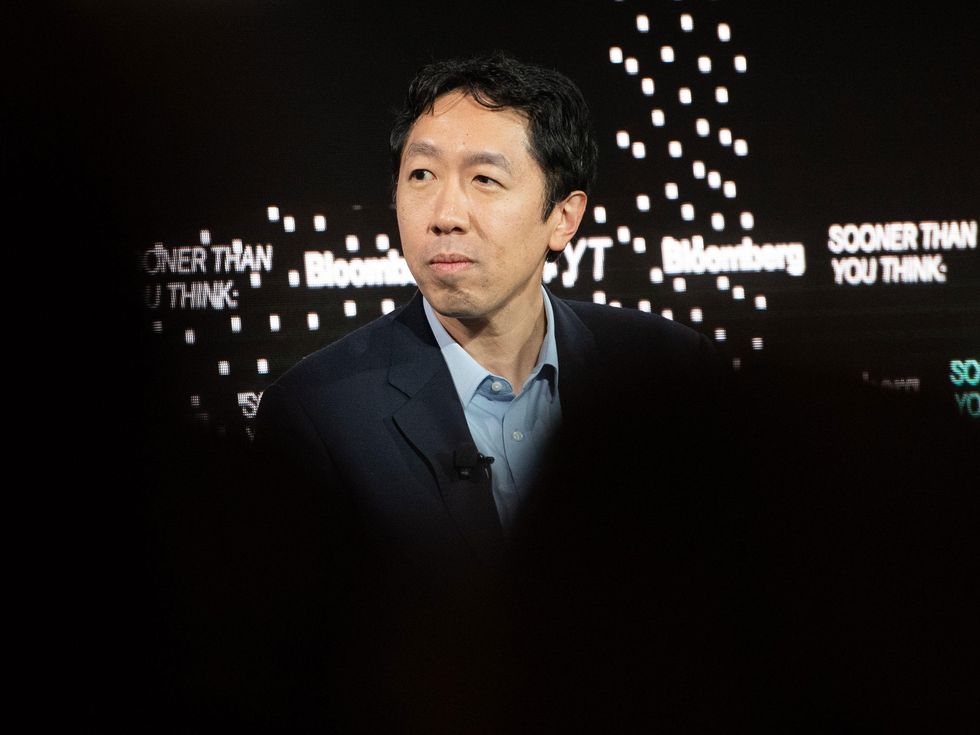AlphaFold accelerates artificial intelligence powered drug discovery: efficient discovery of a novel CDK20 small molecule inhibitor”) has applied AlphaFold to an end-to-end AI-powered drug discovery platform (Pharma.AI) that includes a biocomputational engine (PandaOmics) and a generative chemistry platform (Chemistry42), to identify a new drug for a novel target for the treatment of the most common form of primary liver cancer, hepatocellular carcinoma (HCC).




AI-driven drug discovery process identified the new drug for a target that had no known crystal structure, with unprecedented efficiency. This is the first report of the application of AlphaFold to identify a confirmed hit for a novel target in early drug discovery.
Senior authors of the collaborative study include Alán Aspuru-Guzik, PhD, professor of chemistry and computer science and director of the Acceleration Consortium at the University of Toronto, Michael Levitt, PhD, Nobel laureate in Chemistry and professor of structural biology at Stanford University, and Alex Zhavoronkov, PhD, founder and CEO of Insilico Medicine.

This paper demonstrates that for healthcare, AI developments are more than the sum of their parts,” said Aspuru-Guzik. “If one uses a generative model targeting an AI-derived protein, one can substantially expand the range of diseases that we can target. If one adds self-driving labs to the mix, we will be in uncharted territory.”
By using large molecular datasets and powerful computers, it has now become possible to engineer AI’s like Alphafold, AlphafoldDB AlphaDesign and RosettaFold, which have enabled Zhavoronkov et al, to recently design CDK20 inhibitors, purely in silico. Their work marks a milestone in computational biology, which will inspire others in taming human suffering, diseases and aging!” (Mishra was not involved in the current study).
The researchers used PandaOmics to identify the HCC protein target and Chemistry42 to generate molecules based on the AlphaFold-predicted structure of the target. They synthesized seven selected molecules and tested these using biological assays.

Brian Wang is a Futurist Thought Leader and a popular Science blogger with 1 million readers per month. His blog Nextbigfuture.com is ranked #1 Science News Blog. It covers many disruptive technology and trends including Space, Robotics, Artificial Intelligence, Medicine, Anti-aging Biotechnology, and Nanotechnology.
Known for identifying cutting edge technologies, he is currently a Co-Founder of a startup and fundraiser for high potential early-stage companies. He is the Head of Research for Allocations for deep technology investments and an Angel Investor at Space Angels.
A frequent speaker at corporations, he has been a TEDx speaker, a Singularity University speaker and guest at numerous interviews for radio and podcasts. He is open to public speaking and advising engagements.
Note: This article have been indexed to our site. We do not claim legitimacy, ownership or copyright of any of the content above. To see the article at original source Click Here












